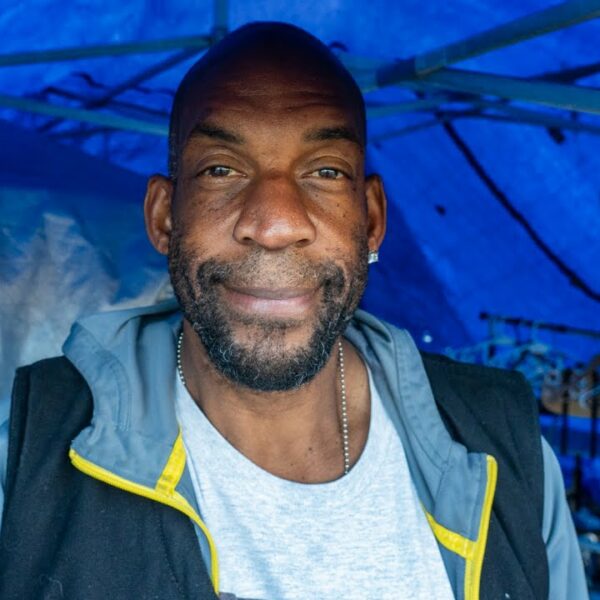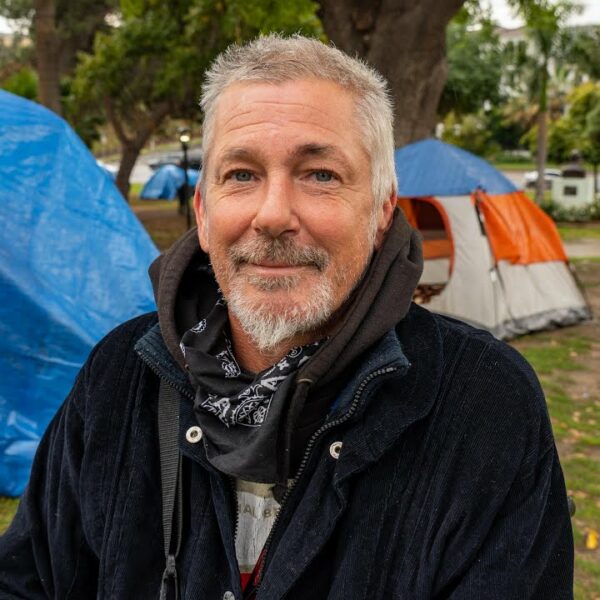Los Angeles’ housing crisis has been hotly debated for years, and some observers have tried to paint it as a unique problem that requires a unique set of solutions.
While the word “unique” may be relevant to describe the sheer size of the problem, LA’s housing crisis is all too familiar for many other cities. Instead, it should be viewed as a cautionary tale for cities that have neither robust social services nor an affordable housing pipeline.
Identifying the issues that LA’s housing market faces is easy to do at this point.
The city was one of the fastest-growing in the country before the Covid-19 pandemic, but construction activity didn’t keep up. This mismatch of supply and demand ushered home prices up to more than $1.3 million as of September 2023 despite the household median household income being just under $70,000.
Rents have also surged by more than 7% across LA county, up to more than $2,700 per month. In turn, families are having a more challenging time staying housed. An average of 20 Angelenos become homeless every day simply because they can’t afford to rent, according to a study by global consulting firm McKinsey & Company.
There’s a regulatory side of the story as well. Los Angeles was one of the first cities in the country to adopt zoning laws in 1904. While the laws have been amended several times since they were initially adopted, the underlying assumption of the laws remained the same: Los Angeles would primarily cater to single-family home ownership outside of its downtown core.
Real estate professionals also adopted racially exclusive covenants to prevent white neighborhoods from being integrated, a trend that spread across the nation within a decade. Local realtors even organized support to pass Proposition 14 in 1964, which amended California’s constitution to preserve housing segregation. In 20221, the Los Angeles Times said these efforts still divide Americans today.
Even though the market and regulatory issues are unique to LA, similar stories can be told about other cities that have not invested in social services or required developers to build enough affordable homes.
Denver is another city that has not yet developed a social services pipeline that prevents people from falling into homelessness. For instance, Denver’s Department of Human Services had a budget of approximately $330 million in 2010, roughly one-third of the city’s overall budget.
By 2022, Denver’s DHS had a budget of $203 million, or roughly 12% of the city’s $1.66 billion budget. And the issues don’t seem likely to fade, given that homelessness in Denver has increased every year since 2016.
New York is another city that is struggling to provide enough social services and affordable homes for its homeless. The city has a deficit of roughly 800,000 affordable homes, according to data from the United Way.
The offices charged with providing social benefits are struggling to keep workers around. This has made it almost impossible for the city to help its more than 70,000 homeless along with the hordes of migrants that have been flown or bussed to the city from the border with Mexico.
As many have said, we cannot build our way out of this crisis. It should be added that we cannot regulate our way out of it either. So, what can be done?
Solving this issue is more about courage than anything else. An article in The Atlantic suggests that one way to begin solving the housing crisis is for cities to start setting their own regulatory goals regarding housing. This may seem common sense, but there is a wealth of evidence to suggest that cities largely copy one another’s homework when it comes to writing policies.
For instance, cities like Charlotte, North Carolina, Sandy Springs, Georgia, and Arlington, Texas, all zone at least 80% of their land for single-family homes despite each city having vastly different migration trends. Cities with these kinds of zoning policies ultimately harm the people who want to move there by artificially increasing home prices, The Atlantic argues.
There are also cities like Lynchburg, Virginia, that have created strong social services pipelines that prevent people from becoming chronically homeless. These efforts have not impacted the city’s housing market either.
For example, Lynchburg created a multi-agency council to address veteran homelessness locally and reached Functional Zero homelessness in February 2020. Since then, Redfin data shows the city’s median home price has increased by 23% up to $265,000 as of September 2023, which is 35% below the national median home price of $411,000.
It’s not just LA that is experiencing the ill effects of unaffordable housing. Cities across the country are facing similar problems that stem from decades of underinvestment in affordable housing and social services. The problems won’t be solved overnight, but cities can start to redress the issues by reversing this trend and taking advantage of the robust federal incentives that are available to them.
How You Can Help
The pandemic proved that we need to rethink housing in the United States. It also showed that aid programs work when providing agencies and service organizations with sufficient funds and clear guidance on spending aid dollars.
Contact your officials and representatives. Tell them you support keeping many of the pandemic-related aid programs in place for future use. They have proven effective at keeping people housed, which is the first step to ending homelessness.













